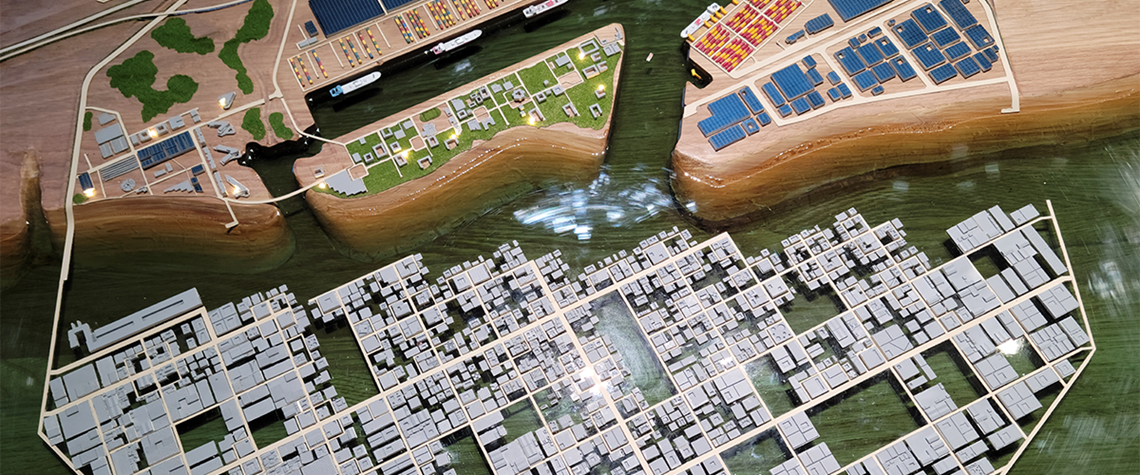Middle East’s hydrogen ambitions need big investment
The region’s superfluity of renewable energy resources mean it has great potential as a hydrogen developer, but it will come at no small cost
With abundant solar and wind energy potential, the Middle East is keen to develop its renewable energy generation and hydrogen production potential. According to the Gulf Petrochemicals and Chemicals Association (GPCA), the Gulf Cooperation Council’s (GCC’s) hydrogen market could experience a compound annual growth rate of 15% between 2022 and 2050, resulting in potential revenues of $120–200b/yr. However, achieving this will require significant capex in renewable energy capacity, infrastructure, electrolyser development and installation, and hydrogen deployment. Installing the renewable and electrolyser capacities needed would require $16–60b/yr over the next 25 years, with approximately 30

Also in this section
4 February 2026
Europe’s largest electrolyser manufacturers are losing patience with policymakers as sluggish growth in the green hydrogen sector undermines their decision to expand production capacity
2 February 2026
As a fertiliser feedstock, it is indispensable, but ammonia’s potential as a carbon-free energy carrier is also making it central to global decarbonisation strategies
28 January 2026
The development of hydrogen’s distribution system must speed up if the industry is to stand any chance of grabbing a meaningful slice of the low-carbon energy market
14 January 2026
Continent’s governments must seize the green hydrogen opportunity by refining policies and ramping up the development of supply chains and infrastructure







